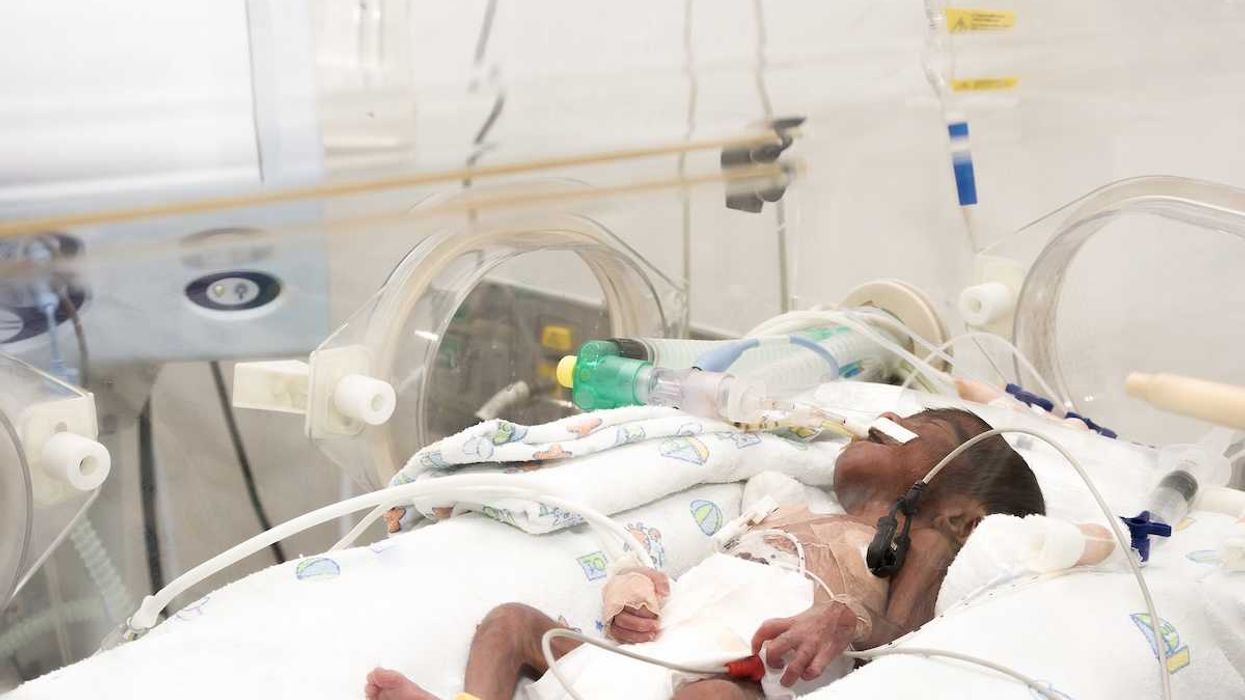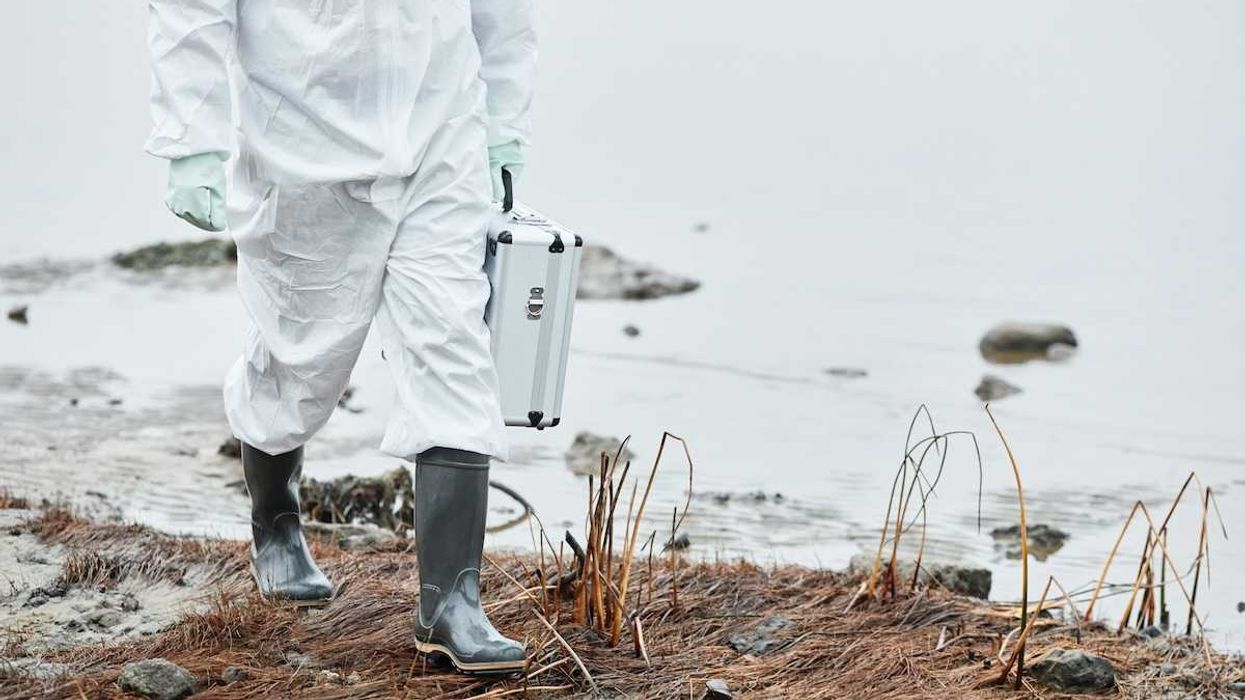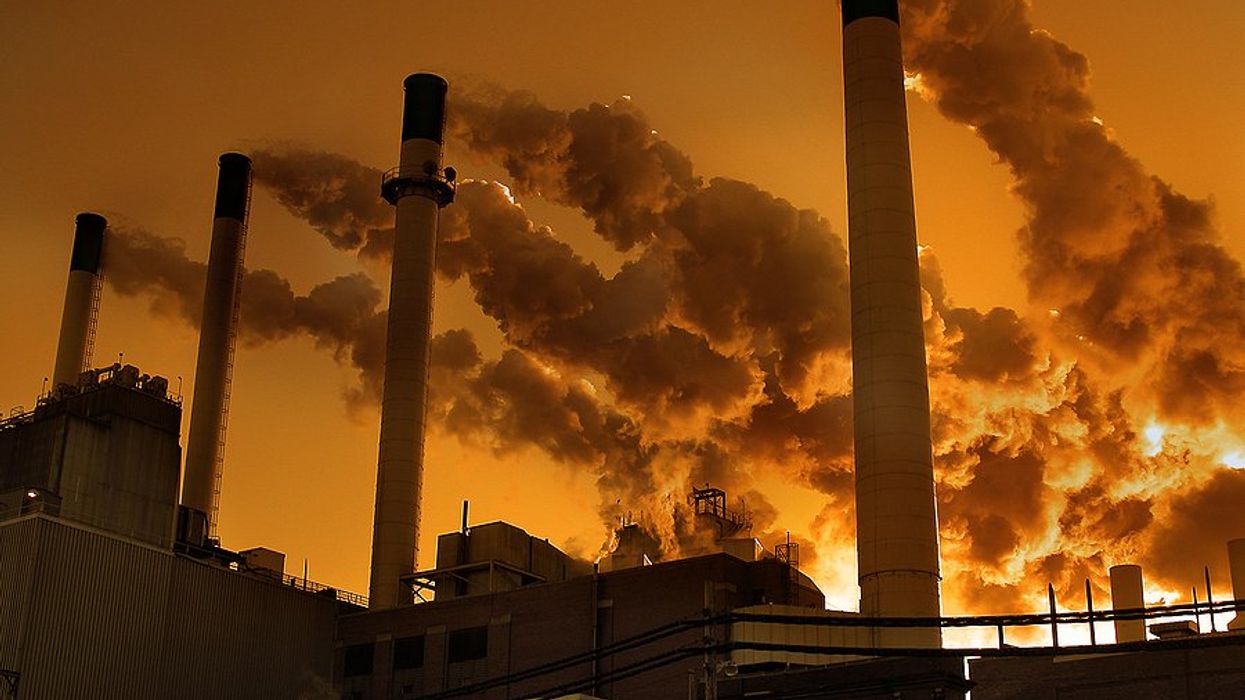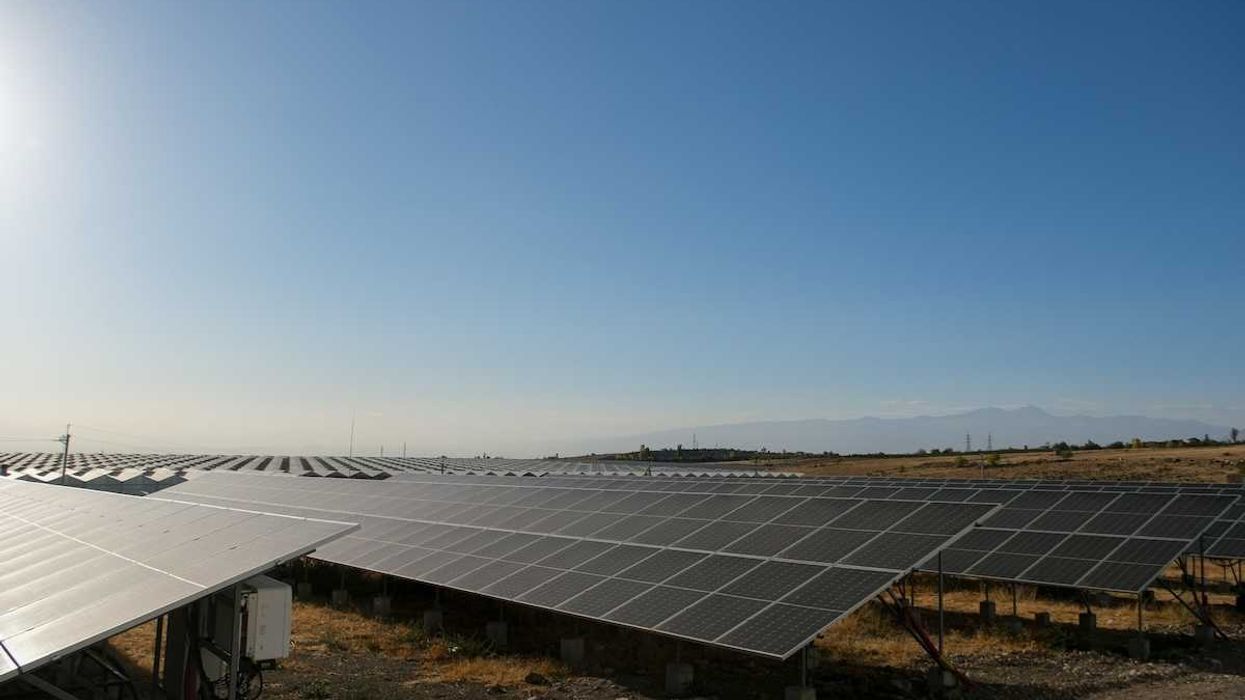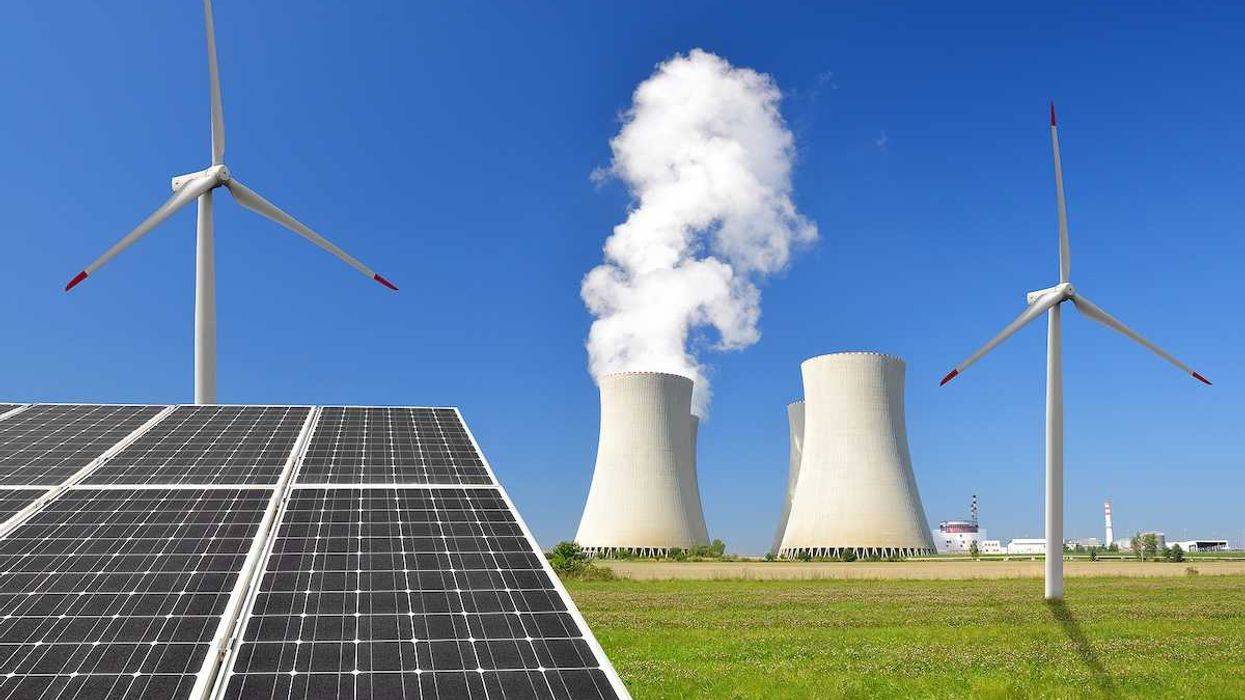Jake Bolster writes for Inside Climate News about how Virginia's Air Pollution Control Board has moved the state one step closer to exiting the Regional Greenhouse Gas Initiative and fulfilling an executive order issued by Gov. Glenn Youngkin the day he took office.
In a nutshell:
The Air Pollution Control Board's decision, which repeals Virginia's participation in the initiative, has sparked legal challenges as critics argue that the board cannot reverse a binding 2020 decision by the state General Assembly. RGGI has generated over $650 million for the state, funding energy efficiency programs and climate resilience projects. But without its revenues, progress in these areas could be reversed, affecting low-income communities in particular. Power plant emissions in Virginia have dropped by 16.8 percent since joining the RGGI, notes Bolster, illustrating the program's effectiveness.
Key quote:
“It’s just a disaster of a decision,” said Nate Benforado, a senior attorney with the Southern Environmental Law Center.
The big picture:
Virginia's potential withdrawal from the RGGI could have significant implications for the state's overall health outcomes. Reducing greenhouse gas emissions brings about a range of health benefits that extend beyond mitigating climate change. Transitioning to cleaner energy sources and reducing reliance on fossil fuels improves air quality and reduces the prevalence of respiratory illnesses such as asthma and lung diseases.
Read more at Inside Climate News.
For additional context, read EHN's piece on how toxic air pollution and climate change as a result of fossil fuel emissions pose grave dangers to children.



